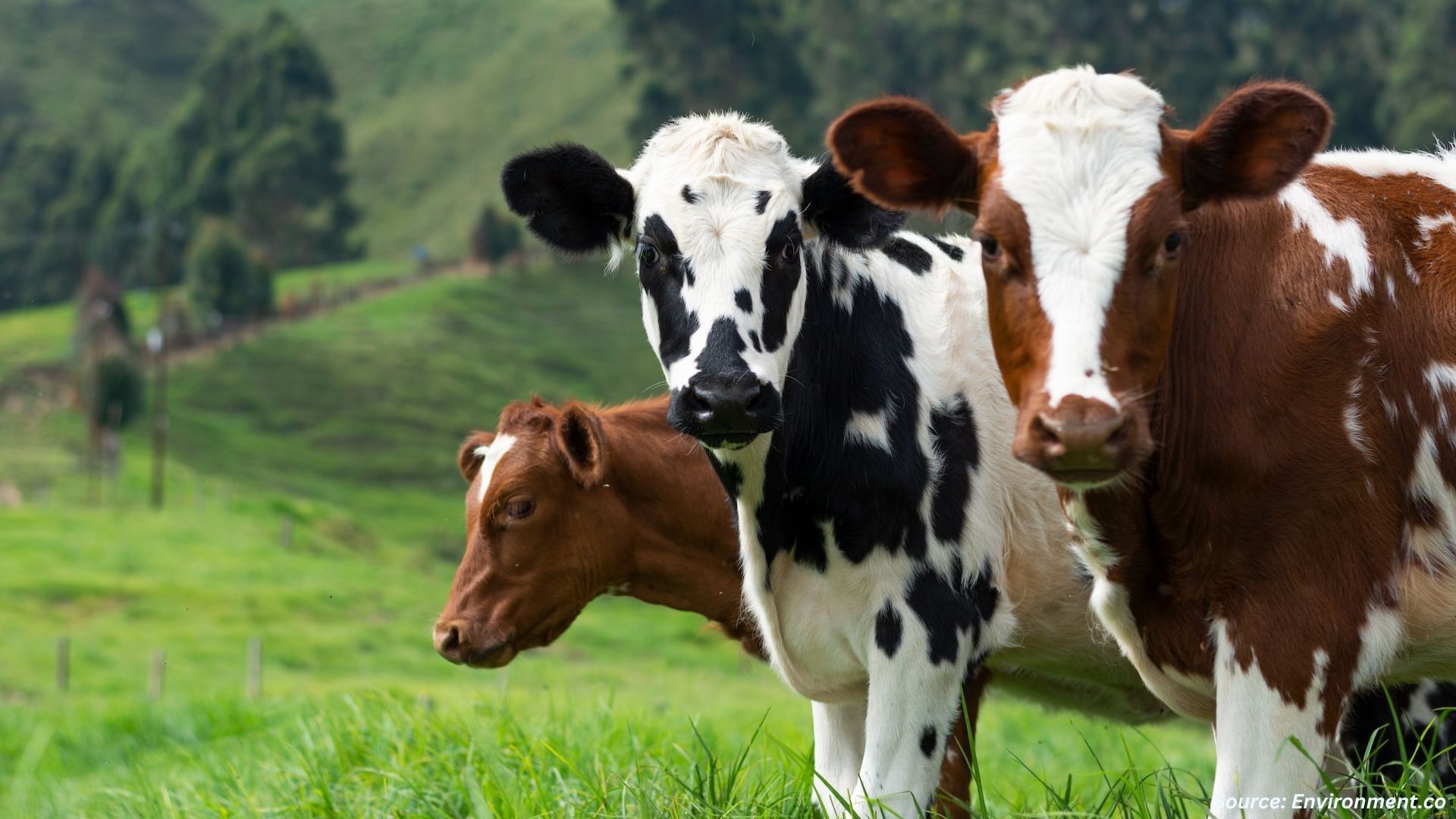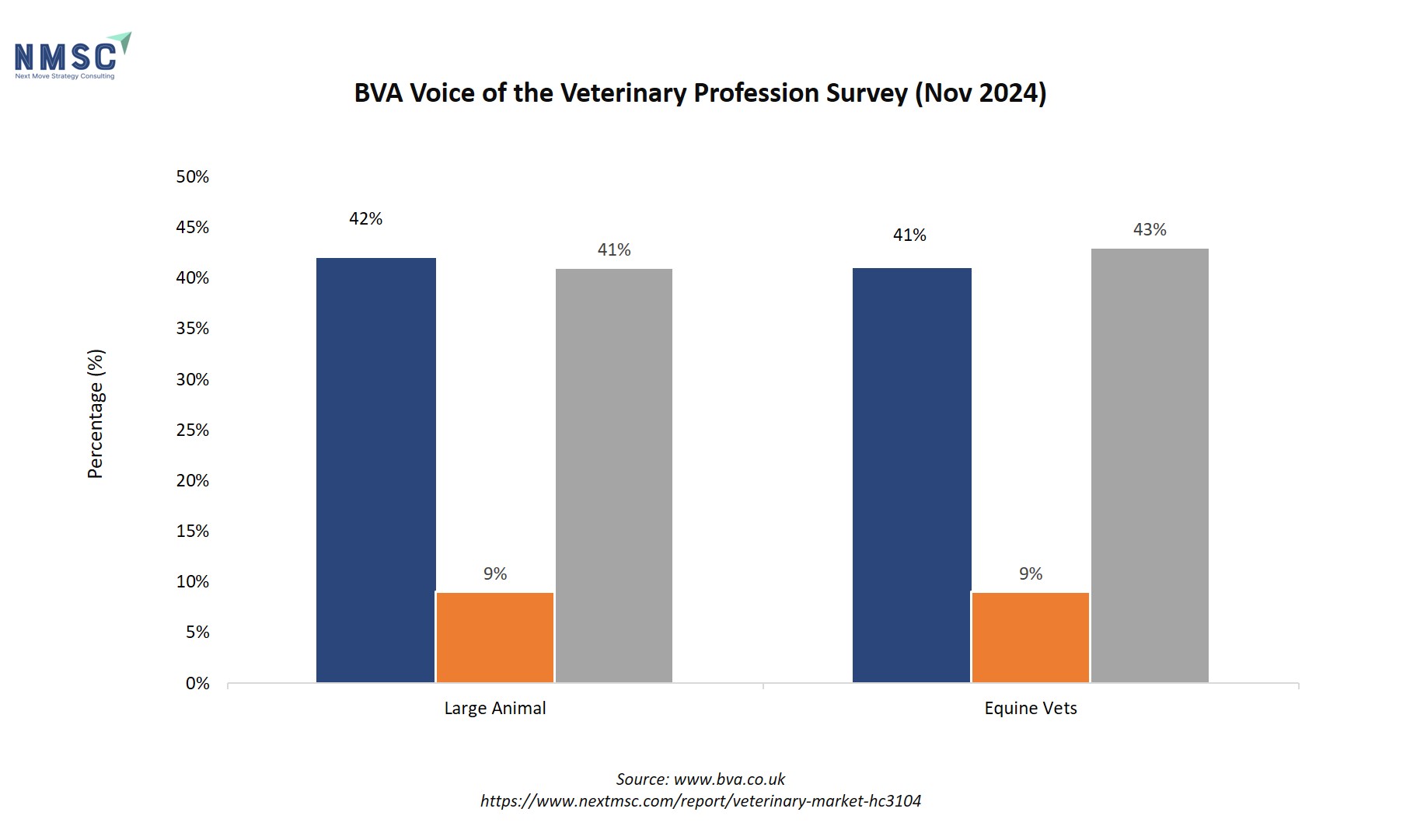UK Policy, Parasite Control and Wales’ Sustainable Farming Scheme, What it Means for the Veterinary Market
Published: 2025-09-17

Lede
Three recent policy updates from the British Veterinary Association, concerns over the suspension of extra border checks, calls for a holistic approach to parasite control, and support for Wales’ new Sustainable Farming Scheme, together point to important shifts in biosecurity, sustainable practice, and advisory roles that are reshaping the veterinary market.
1. Border-Check Suspension and Biosecurity Concerns
In a statement published on 19 August 2025, the BVA warned that suspending planned extra border checks on live animals and some food imports may reduce immediate transit delays but also increases risks to UK biosecurity. The association’s president urged the government to engage closely with the veterinary profession to ensure that efforts to ease trade do not come at the expense of animal or public health, stressing that robust import controls are a frontline defence against disease. For practices and suppliers in the veterinary market, this debate translates into two pressures: greater demand for rapid diagnostic and surveillance services if checks are reduced, and potential future costs should stricter controls be reintroduced in response to any biosecurity incidents.
2. A Holistic Approach to Parasite Control
On 31 July 2025 the BVA set out a new policy position urging vets, livestock owners, horse owners and Suitably Qualified Persons to adopt holistic, evidence-based parasite control strategies. The association framed the guidance around two linked concerns: accelerating anthelmintic resistance and environmental damage from indiscriminate parasiticide use. The policy encourages integrated approaches, combining targeted treatment, pasture management and monitoring, rather than routine blanket dosing. For the veterinary market, that recommendation increases the value of advisory services, diagnostics and stewardship programmes that can demonstrate resistance-aware, environmentally sensitive outcomes.
As shown in the bar chart above, BVA’s Voice of the Veterinary Profession Survey (November 2024) found that large animal vets reported 42% of their clients obtained parasiticides from SQPs in feedstores and farm merchants, 9% from veterinary practices, and 41% from a mix of the two. Equine vets reported similar patterns, with 41% of clients sourcing through SQPs, 43% from a mix of vets and SQPs, and only 9% solely from vet practices.
BVA President Dr. Elizabeth Mullineaux highlighted growing concern over parasite resistance in livestock and horses, warning that misuse of treatments poses risks to animal welfare, biodiversity, and food security. She emphasized the need for a consistent, sector-wide approach to parasite control, noting that most large animal parasiticides are supplied by SQPs. Rather than reclassifying these products to prescription-only, she urged closer collaboration between vets, farmers, and SQPs, with improved communication and oversight to ensure responsible and sustainable use.
3. Wales’ Sustainable Farming Scheme: New Roles for Vets
The BVA welcomed the launch of Wales’ Sustainable Farming Scheme (SFS), which the Welsh Government plans to commence on 1 January 2026. The scheme aims to support sustainable food production while addressing climate and environmental objectives; the BVA highlighted vets’ important role in ensuring the animal-health and welfare elements of the scheme are delivered on the ground. In practical terms, the SFS is likely to create new demand for veterinary input on farm-level sustainability plans, welfare audits, disease prevention programmes and advisory services linked to environmental outcomes.
4. Next Move Strategy Consulting - Opinion, Impact and Near-Term Prospects
Taken together, the BVA’s three communications point to a veterinary market that will increasingly trade volume-only business models for value tied to expertise, diagnostics and sustainability outcomes. First, any loosening of border checks that increases biosecurity exposure will raise the premium on fast, reliable surveillance and diagnostic services, from rapid on-farm testing to data systems that aggregate regional risk signals. Companies that can supply quick, validated diagnostics or subscription-style surveillance will find receptive buyers among both practices and producers.
Second, the parasite-control policy nudges the market toward stewardship-centric services. Producers and equine owners who wish to reduce environmental impact and preserve drug efficacy will need veterinary partners who can deliver targeted treatment plans, resistance testing and pasture-management advice. That creates room for providers of point-of-care diagnostics, decision-support software, and targeted-treatment formulations to expand share.
Third, Wales’ scheme of sustainable farming formalises pay-for-practice opportunities. Vets who develop capabilities in on-farm sustainability assessments, welfare verification and integrated herd health-environment plans will be natural partners for farmers seeking SFS payments. Small consultancies and vet practices that upskill in sustainability metrics and documentation may capture a disproportionate share of early scheme work.
Finally, these shifts will make regulatory navigation and real-world evidence more important. Service providers that package measurable environmental or biosecurity outcomes with their clinical offerings, and that can show traceable benefits for farmers and regulators, will command stronger negotiating power with payors and policy programmes.
5. Practical Suggestions for Stakeholders
Veterinary practices should begin integrating resistance-monitoring tools and expand advisory services tied to pasture and herd management. Diagnostics and software providers should prioritise rapid, field-usable tests and decision-support modules that map to stewardship guidance. Investors should watch companies offering bundled diagnostics + advisory services that align clinical outcomes with environmental metrics. Policymakers and payors will need to define what counts as acceptable evidence for sustainability and resistance reduction, and to fund post-implementation monitoring to ensure policy goals are met.
Conclusion
The BVA’s recent statements, on border checks, parasite control and Wales’ SFS, are not isolated policy notices. They are signals that the veterinary market is moving toward a higher-margin, expertise-driven model in which diagnostics, stewardship, and sustainability services matter as much as therapeutic volumes. Firms and practices that adapt their offerings to these priorities now will be better placed to win work under the new biosecurity and sustainability regimes.
About Next Move Strategy Consulting:
Next Move Strategy Consulting is a premier market research and management consulting firm that has been committed to provide strategically analysed well documented latest research reports to its clients. The research industry is flooded with many firms to choose from, what makes Next Move different from the rest is its top-quality research and the obsession of turning data into knowledge by dissecting every bit of it and providing fact-based research recommendation that is supported by information collected from over 500 million websites, paid databases, industry journals and one on one consultations with industry experts across a diverse range of industry sectors. The high-quality customized research reports with actionable insights and excellent end-to-end customer service help our clients to take critical business decisions that enables them to move beyond time and have competitive edge in the industry.
We have been servicing over 1000 customers globally that includes 90% of the Fortune 500 companies over a decade. Our analysts are constantly tracking various high growth markets and identifying hidden opportunities in each sector or the industry. We provide one of the industry’s best quality syndicate as well as custom research reports across 10 different industry verticals. We are committed to deliver high quality research solutions in accordance to your business needs. Our industry standard delivery solutions that ranges from the pre consultation to after-sales services, provide an excellent client experience and ensure right strategic decision making for businesses.
For more information please contact:
Next Move Strategy Consulting
5th Floor 867
Boylston St, STE 500,
Boston, MA 02116, U.S.
E-Mail: [email protected]
Direct: +18577585017
Website: www.nextmsc.com
About the Author
 Joydeep Dey is an SEO Executive, Content Writer, and AI enthusiast with over 2½ years of experience in digital marketing and artificial intelligence. He specializes in crafting smart SEO strategies, creating engaging content, and exploring AI-powered solutions that boost online visibility and audience engagement. Outside of work, you’ll often find Joydeep exploring new gadgets, binge-watching a good series, or just wandering around for fresh inspiration.
Joydeep Dey is an SEO Executive, Content Writer, and AI enthusiast with over 2½ years of experience in digital marketing and artificial intelligence. He specializes in crafting smart SEO strategies, creating engaging content, and exploring AI-powered solutions that boost online visibility and audience engagement. Outside of work, you’ll often find Joydeep exploring new gadgets, binge-watching a good series, or just wandering around for fresh inspiration.
About the Reviewer
 Sanyukta Deb is a seasoned Content Writer and Team Leader in Digital Marketing, known for her expertise in crafting online visibility strategies and navigating the dynamic digital landscape. With a flair for developing data-driven campaigns and producing compelling, audience-focused content, she helps brands elevate their presence and deepen user engagement. Beyond her professional endeavors, Sanyukta finds inspiration in creative projects and design pursuits.
Sanyukta Deb is a seasoned Content Writer and Team Leader in Digital Marketing, known for her expertise in crafting online visibility strategies and navigating the dynamic digital landscape. With a flair for developing data-driven campaigns and producing compelling, audience-focused content, she helps brands elevate their presence and deepen user engagement. Beyond her professional endeavors, Sanyukta finds inspiration in creative projects and design pursuits.

















Add Comment